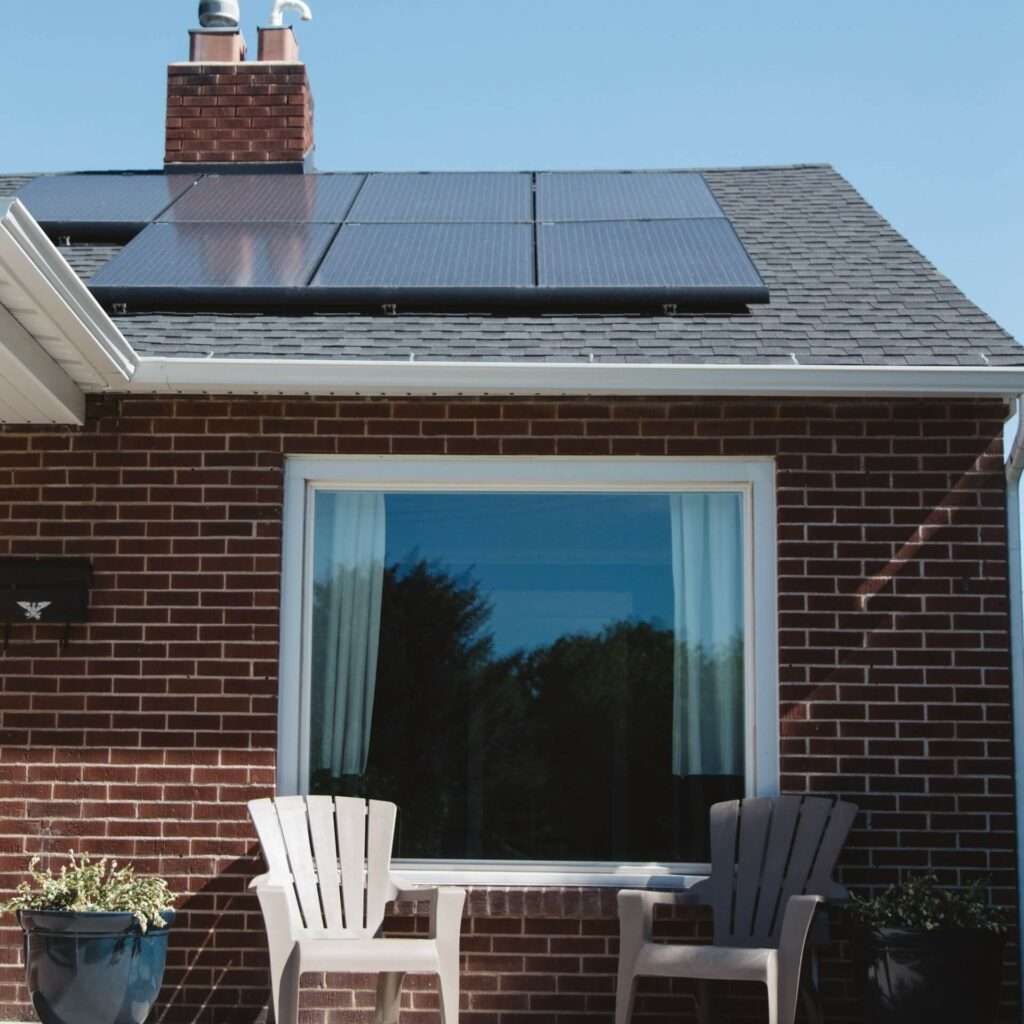Are you a first-time homebuyer? We asked the experts all of your burning questions, including how to reduce your environmental impact along the way.
We get it, buying your first home can be a daunting process. After all, it’s a huge financial commitment.
The long list of questions coursing through your mind may leave you feeling apprehensive, to say the least. How much money should I have saved? What should my credit score be? What do I need to qualify for a loan?
When it comes to first-time homebuyers, Los Angeles-based real estate agent Murray Keller’s biggest piece of advice is simple: just enjoy the process.
“Buying a home can be stressful at times. But it’s also an exciting new chapter in your life,” he tells Ethos. “So, take a deep breath, and let’s find your dream home together!”
Home buying for a cause
Keller — along with fellow real estate professional Lance Wilson — founded Vegan Realty, a Southern California real estate group under the Keller Williams umbrella, in 2022. Seasoned Lead Agent Cynthia Ward joined the team soon after. Oh, in addition to two adorable rescue dogs, Louie and Suzie, who serve as Vegan Realty’s CBOs — Chief Barketing Officers, that is.
As the name suggests, Vegan Realty isn’t your average team of realtors. The group is on a mission to not only help people find their dream homes, but to make a positive impact in the world.
“We decided to combine our knowledge of real estate and our passion for veganism together,” Wilson explains. With an ethos rooted in community building, Vegan Realty strives to improve the lives of the planet and animals, too. “The goal was to create a company that would not only provide excellent service to clients, but also promote sustainability and compassion towards animals,” he adds.
For every home that’s bought or sold, the company donates $1,000 to animal rescues in need. The group’s goodwill doesn’t end there. “We do a ton of community events, including beach cleanups, hikes, documentary nights, potlucks, food drives, and fundraisers,” Wilson says. “I like to say that we put the fun in fundraising.”
Tips for buying your first home
Ready to buy your first home? We chatted with Keller, Wilson, and Ward about homebuying basics, from reducing your environmental footprint to housing market forecasts.
Ethos: Let’s start with the basics: What are the top requirements for buying a home?
CW: Most people believe that you need a large down payment of between 10 and 20 percent to buy a home. That simply isn’t true, and you can get into your dream home with as little as 3.5 percent down. That makes it much more achievable for the average person, even in California. The top requirements to buy a home are having a good credit score (typically 600+), a steady income, and a sizable (3.5 percent to 20 percent) down payment.
Ethos: The U.S. economy is in a strange place right now, rife with recession fears, geopolitical risks, inflation, and high-interest rates. For first-time buyers or those looking for a new abode, is now a good time to buy a house? Should potential buyers wait for prices and mortgage rates to drop?
CW: The housing market is always unpredictable, but we recommend taking advantage of still historically low interest rates.
From 1972 to the present, the average interest rate is 7.81 percent. And from 1990 to the present, the average is 5.92 percent. Buyers have been spoiled with all-time low interest rates for the last few years, and there are no promises that rates will fall that low again. If we look at it from a historical perspective, interest rates are not as bad as they seem. As for home prices to drop, we have already seen price drops and price cuts in our local market of Los Angeles, California.
It is a great time to buy if you are financially able to because even though interest rates have increased in the last year, rates are still below the historical average and you can always refinance later on if the rates do drop. As they say, “date the rate, marry the house.” Plus, it’s now becoming more typical for homeowners to accept offers below the listing price so you can get a good deal.
Ethos: Can you discuss the housing market forecast for this year and possibly any predictions for the next five years?
LW: As for the housing market forecast, we recommend keeping an eye on interest rates, job growth, and inventory levels. We believe that we are currently going through a slight market correction right now but nothing like the housing crash back in 2008. The news and mainstream media will have you thinking everything is going to crash, and it’s the end of the world. But even during the 2008 crash, homes were still being bought and sold every single day. Heck, I bought my first home a couple years after that crash when most people were still too afraid to buy, and I got my home at a nice price.
Ethos: Do you have any home-buying tips for first-time buyers?
CW: Our top home-buying tips for first-time buyers are to get pre-approved for a mortgage, hire a trustworthy real estate agent, and don’t settle for a home that doesn’t meet your needs.
It is extremely important to get pre-approved several months before house shopping so you know for certain that you’re financially prepared. We see so many people lose out on their dream home because they were not pre-approved with a lender for a mortgage. (Not our clients because we set them up right.) Beyond that, make sure your credit is good and you have a sizable downpayment (3.5 percent to 20 percent depending on the loan type).
Ethos: What should buyers consider when purchasing a new home?
MK: When purchasing a new home, buyers should consider their lifestyle, future plans, and budget. It’s also essential to get a home inspection to ensure that there are no hidden issues. Do NOT skip out on getting a home inspection. This is an expense the buyer pays after the home is under contract, however, is extremely important. Plus, you can use the inspection report to negotiate repairs or a reduced price so it pays for itself.

Ethos: How does your team work to help people successfully navigate the process of buying a home?
MK: We go above and beyond for our clients. For instance, the majority of agents will put their client on a home search list within the MLS — or Multiple Listing Service, a database of properties created by real estate brokers — and wait for the buyer to pick one to go see. That is the bare minimum approach; we do a highly proactive approach for our clients.
Through our networks, we have access to many off-market properties that most people don’t know about, so we proactively search all the off-market homes for our clients, as well. Plus, we know how to negotiate and have won bidding wars on homes with multiple offers, even when our client didn’t have the highest offer.
Ethos: What home features appeal to buyers most? Does sustainability factor into their buying decisions at all?
MK: People love an open floor concept versus a boxed off home. Plus, sustainability is becoming increasingly important. Energy-efficient appliances, solar panels, and eco-friendly materials can make a significant difference in both the environment and your wallet.
Ethos: Should home buyers factor sustainability (home materials, energy savings, etc.) into their decision?
MK: Absolutely! I would say the biggest factor in regard to sustainability would be solar panels. You can get major tax credits and energy savings if you get solar installed on your home. Tax credits, saving money on energy bills, and being more sustainable at the same time…. say less!
Related on Ethos:
- 5 Household Problems to Address That Make Your Home More Eco-Friendly
- Moving House? Here’s Everything You Need to Do It Sustainably
- In the Quest for Sustainable Home Décor, Colorful Houseplants Reign Supreme
- These 10 Sustainable Homeware Brands Bring Comfort and Ethics to Every Room of the House
- What to Look for When Buying Sustainable Furniture, Plus 5 Brands to Shop


